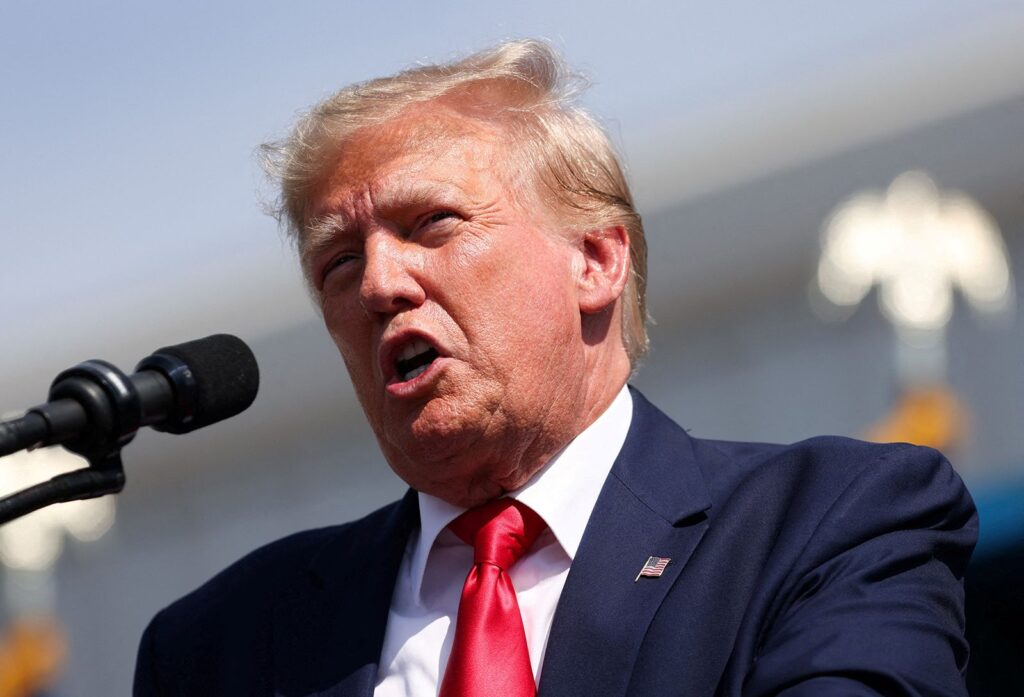US President Donald Trump has urged House Republicans to support the release of the long-awaited Jeffrey Epstein files, marking a sharp reversal from his earlier opposition to the move. The House is slated to vote this week on the Epstein Files Transparency Act, a bill that would compel the Justice Department to publicly release unclassified documents, communications, and investigative materials linked to Epstein.
Trump announced his new stance on Truth Social on Sunday night, writing: “House Republicans should vote to release the Epstein files, because we have nothing to hide.” His shift comes as dozens of Republicans indicated they might break ranks and support the bill, which appears to have enough backing to pass the House. Its fate in the Senate, however, remains uncertain.
Republican Representative Thomas Massie, a co-sponsor of the bill, told ABC News that up to 100 Republicans could support the legislation. The push has received bipartisan backing, with both Democrats and Republicans arguing that the public deserves full transparency regarding Epstein’s network and activities.
Trump’s statement arrived shortly after Democrats on the House Oversight Committee released three email exchanges between Epstein and Ghislaine Maxwell, including references to Trump. Republicans responded swiftly by releasing 20,000 pages of documents, accusing Democrats of selectively presenting evidence to smear the former president.
The renewed attention to the files has deepened divisions within the GOP, sparking a public feud between Trump and Congresswoman Marjorie Taylor Greene, one of his previously staunch allies. Trump labelled Greene “wacky” and a “traitor,” while she questioned whether he remained committed to an “America First” agenda.
Survivors of Epstein’s abuse have also urged Congress to pass the legislation, emphasizing the need for transparency and justice for the victims.
If the bill passes both chambers, Trump would ultimately be required to sign off on the full release of the documents—setting the stage for a landmark moment in one of America’s most controversial cases.

